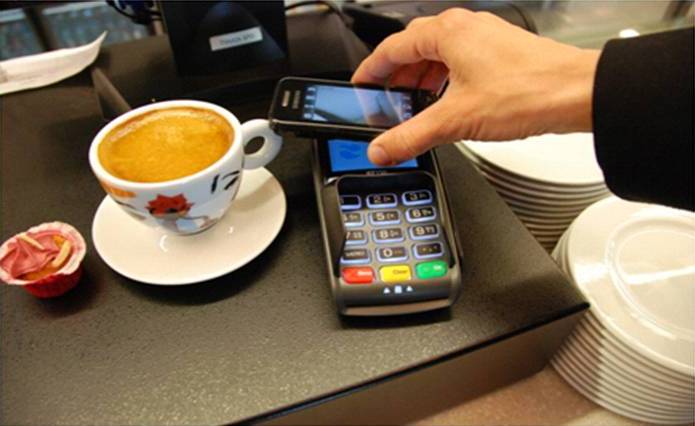 According to the latest figures released by the Office for National Statistics, the average British household spends £53.40 a week on food. The North East of the country was the thriftiest region, forking out just £45.70 on the weekly shop while those living in London splashed out the most on their groceries with £57.90 the average spend in the capital.
According to the latest figures released by the Office for National Statistics, the average British household spends £53.40 a week on food. The North East of the country was the thriftiest region, forking out just £45.70 on the weekly shop while those living in London splashed out the most on their groceries with £57.90 the average spend in the capital.
Recreation and culture saw a big north/south divide, with the north east spending £50.50 a week while their south eastern counterparts splashed out a whopping £71.40. However, one of the biggest differences was in education, with the ONS revealing that London-based families spend £15.70 a week, compared to those in the North East who allocate just £3.20.
Knowing where your money is going
Though it may not seem like a big difference in spending, it all adds up, impacting on household finances and affecting everything from the amount we save, to the amount we can borrow. If you’re currently saving for a mortgage, knowing where your money is going can help you hit your financial goals. Lenders now take a much closer look at affordability, so being able to show you’re good with your money will stand you in excellent stead when it comes to securing a mortgage.
 Where to make savings
Where to make savings
According to The Mirror, the amount Brits spend on coffee house brews has shot up 28% – from £2.32bn to £2.97bn in the last five years. By 2020 sales of lattes, cappuccinos, flat whites, and mochas are expected to reach a staggering £3.75bn per year. If you’re one of the estimated 75% of British adults who buys coffee when they’re out and about, it’s likely that your caffeine habit is putting a dent in your finances.
Another area where you could save serious money is the lunch box. According to The Telegraph, Brits spend up to £10.60 a day on lunch, snacks and other treats when they’re at work. This adds up to a huge £2,500 a year. If you can ditch the bought food and pre-pack your lunch instead, you could find you have a lot more left in the bank at the end of every month.
Likewise, if you can ditch the car, or the train, and cycle or walk to work, you could save up to 13% of your annual salary. While savings could also be made by quitting the gym and going for a run or a bike ride instead.
If you know exactly where your money is going, it will be a lot easier for you to get your finances in order. For more tips or advice on getting ready to apply for a mortgage, or if you want to find out how we can help you get your financial life on track, take a look around Perception Finance site today.
You must log in to post a comment.